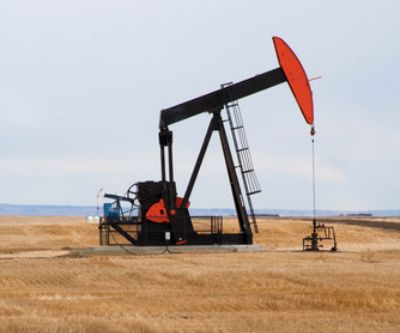
Canada’s energy security ranking has fallen from seventh place in 2009 to eighth, which puts the country behind the U.S., according to a Fraser Institute study released this morning.
The report, Risks to Canada’s Energy Security, rates the world’s top 25 energy users in terms of how secure their energy markets and resources are. It uses such criteria as diversity of energy mix, market transparency, continued investment in energy, free trade and energy infrastructure.
Report co-author Kenneth Green said the greatest risks to Canadian energy security are byproducts of U.S. policy, which he said has led to higher U.S. production of oil and natural gas and decreasing gasoline consumption, leading to shrinking demand for Canadian petroleum products.
“The resistance to Keystone XL also poses a challenge for future pipeline projects, which are critical for moving Canadian energy to market,” said Green. “For Canada to realize the economic benefits of increased energy development, we must be able to access diverse markets.
“Pipeline projects like Keystone XL and Northern Gateway are a critical piece of that.”
The top countries in the study were:
1. Mexico;
2. United Kingdom;
3. Norway;
4. New Zealand;
5. Denmark;
6. Australia;
7. United States;
8. Canada;
9. Germany; and
10. Indonesia.
“Clearly, Canada’s energy potential is enormous,” Green said. “But we need new infrastructure to transport our energy to diverse markets, bringing immeasurable economic benefits to all Canadians.”
By Emma Crawford
Image: Shutterstock.com